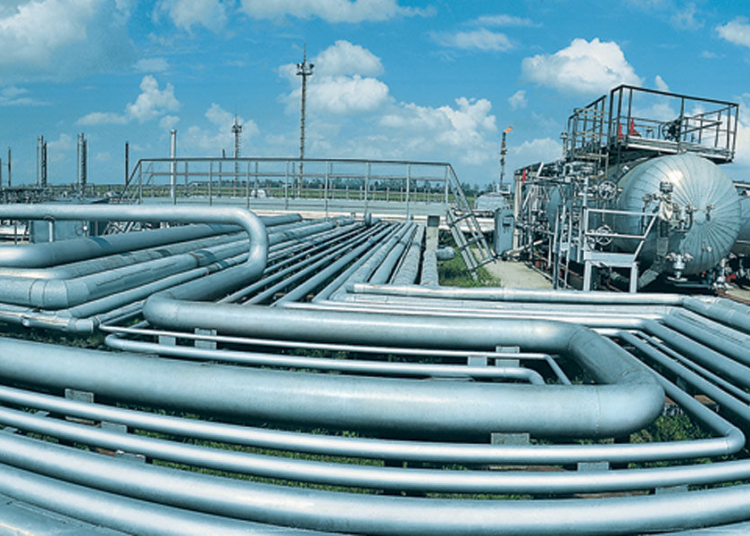A new report has shown that Africa with huge untapped gas deposits would be creating massive job opportunities as the continent takes on gas infrastructure development.
Gas for Africa-Assessing the Potential for Energising Africa report, released February 14, 2023, maps out various ways to develop gas infrastructure and markets in Africa. Not only as a renewable alternative in countries without hydropower or geothermal energy but to also promote gas-based industrialisation that can lead to more jobs.
Despite holding over 8 per cent of the world’s proven reserves of natural gas, Africa remains the most energy-poor continent. Industries rely on expensive, inefficient and polluting sources of energy and hundreds of millions of households lack modern energy access.
The document by Hawilti, a Pan-African investment research agency and the International Gas Union, was endorsed by The African Energy Commission and Africa Finance Corporation on February 15.
Natural gas can be used to aid the production of fertiliser, petrochemicals and energy-intensive industries such as cement and steel, the researchers suggested.
“In the African context, using gas to produce fertilisers or power-efficient freight transportation is key to supporting the continent’s growing industrial base as it rolls out the African Continental Free Trade Area,” the report said.
For every 100 jobs in the natural gas distribution industry, another 638 indirect jobs were created as a result of other related industries, the study explained, citing an example from what transpired in the United States.
In Mozambique, for instance, studies by Standard Bank found that the development of natural gas deposits with the Coral South FLNG, Mozambique LNG and Rovuma LNG projects could create as many as one million direct, indirect and induced jobs across the economy, the study stated.
The study said, nearly 600 million Africans do not have access to electricity and additionally, almost one billion currently lack access to clean cooking. Most people in sub-Saharan Africa have an electricity consumption that is below that of an average US fridge, the study said.
However, the potential of gas to provide reliable and relatively clean electricity to Africa remains unexplored. Sub-Saharan Africa has used only five per cent of its natural gas potential to generate power, estimated at 400 GW, according to a 2018 study.
Besides jobs and clean electricity, another major benefit is the reduced cost, as gas is often a lot cheaper in power and transport industries than imported diesel. Between 2020 and 2022, CNG was between two to four times cheaper than diesel in Nigeria, the report said, quoting another study.
After the monumental reduction of the natural gas supply to Europe from Russia post the Ukraine conflict, several African countries were able to gain from the lucrative export market.
Still, Africa’s exports did not match the region’s potential.
The researchers added that “a sense of urgency and focus on competitiveness will be required for Africa to attract the billions of dollars that will be injected into LNG projects this decade” to place itself as a leading exporter.
This report suggests exploring several avenues, including developing industrial clusters, reforming electricity markets, promoting regionalisation and encouraging the adoption of small-scale technologies to enhance gas penetration.
We’ve got the edge. Get real-time reports, breaking scoops, and exclusive angles delivered straight to your phone. Don’t settle for stale news. Join LEADERSHIP NEWS on WhatsApp for 24/7 updates →
Join Our WhatsApp Channel










